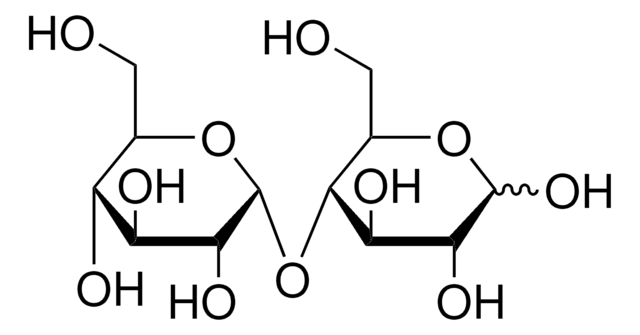推荐产品
品質等級
無菌
sterile
產品線
BioChemika
形狀
disc
儲存期限
limited shelf life, expiry date on the label
包裝
pkg of 10 × 25 discs
技術
microbe id | utilization test: suitable
應用
clinical testing
environmental
food and beverages
pharmaceutical
microbiology
儲存溫度
2-8°C
適合性
Citrobacter spp.
Enterobacter spp.
Escherichia coli
Klebsiella spp.
Neisseria spp.
Proteus spp.
Salmonella spp.
Serratia spp.
Shigella spp.
Streptococcus spp.
bacteria
一般說明
應用
未找到合适的产品?
试试我们的产品选型工具.
儲存類別代碼
11 - Combustible Solids
水污染物質分類(WGK)
WGK 3
閃點(°F)
Not applicable
閃點(°C)
Not applicable
個人防護裝備
Eyeshields, Gloves, type N95 (US)
商品
Sigma-Aldrich.com presents an article concerning Differentiation of Escherichia coli from coliforms.
Sigma-Aldrich.com presents an article concerning Differentiation of Escherichia coli from coliforms.
Salmonella contamination is the second leading cause of food-borne illness worldwide. Controlling outbreaks of Salmonella is an important task for food regulators, restaurants and the food industry in general. The Salmonella family includes over 2,300 serotypes of bacteria, but two types, Salmonella enteritidis and Salmonella typhimurium, are responsible for about half of all human infections. Most outbreaks of Salmonella are traced back to dairy, poultry and meat products, but Salmonella can grow on nearly any food. Chicken, eggs and their derivative products are particularly high risk.
我们的科学家团队拥有各种研究领域经验,包括生命科学、材料科学、化学合成、色谱、分析及许多其他领域.
联系技术服务部门

